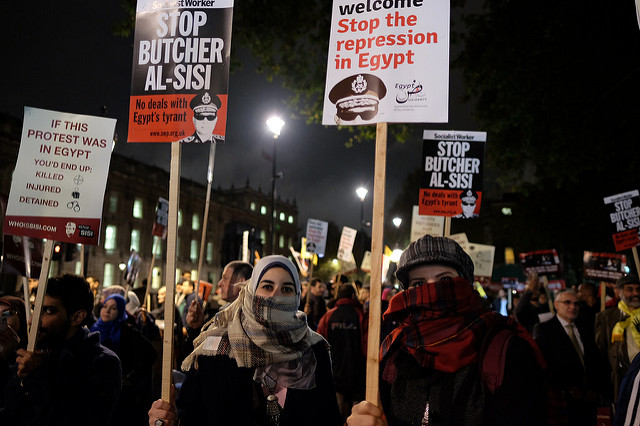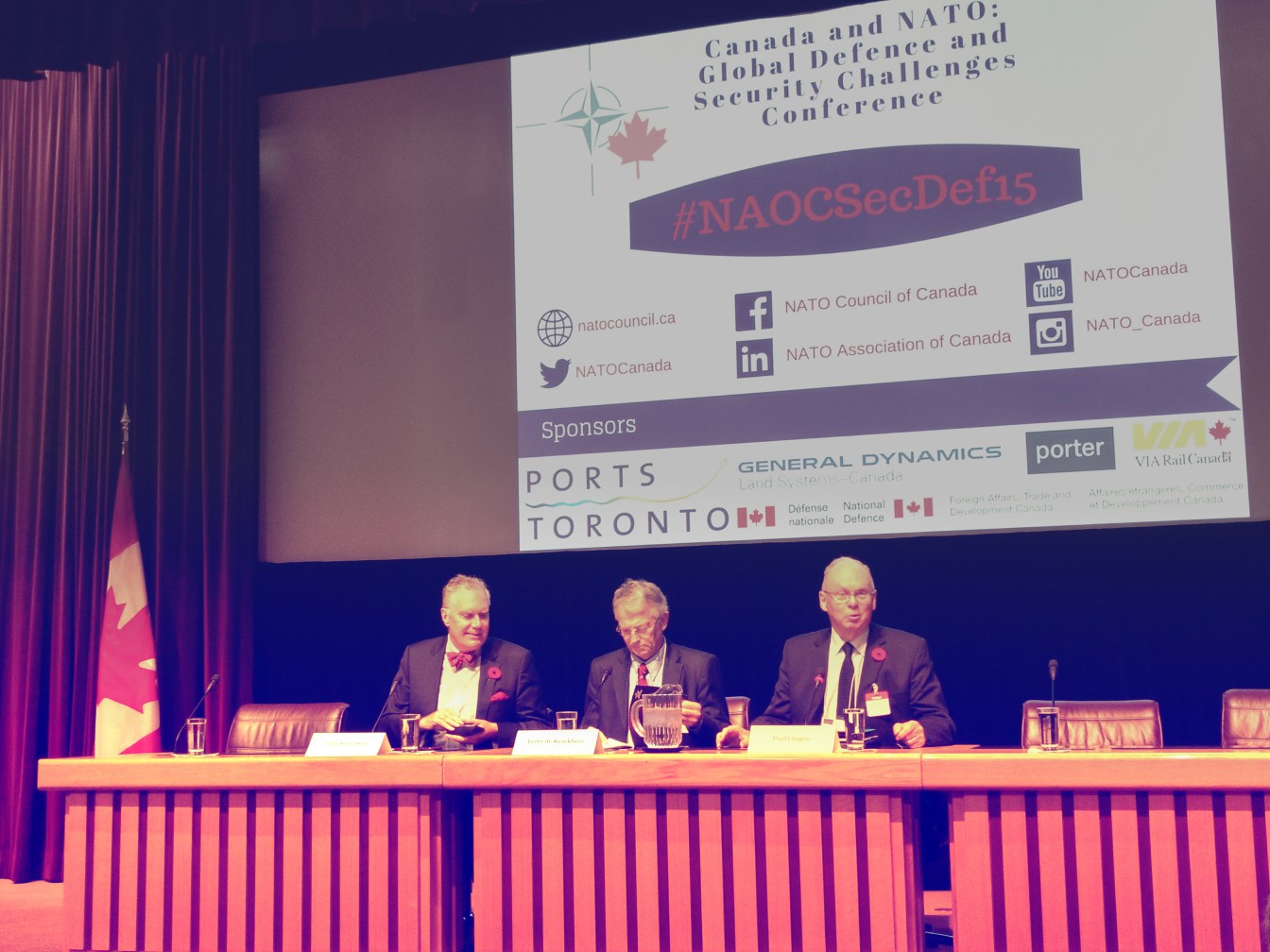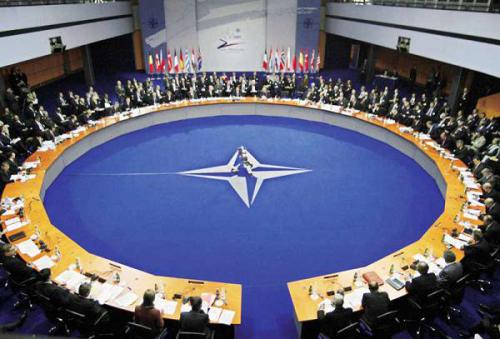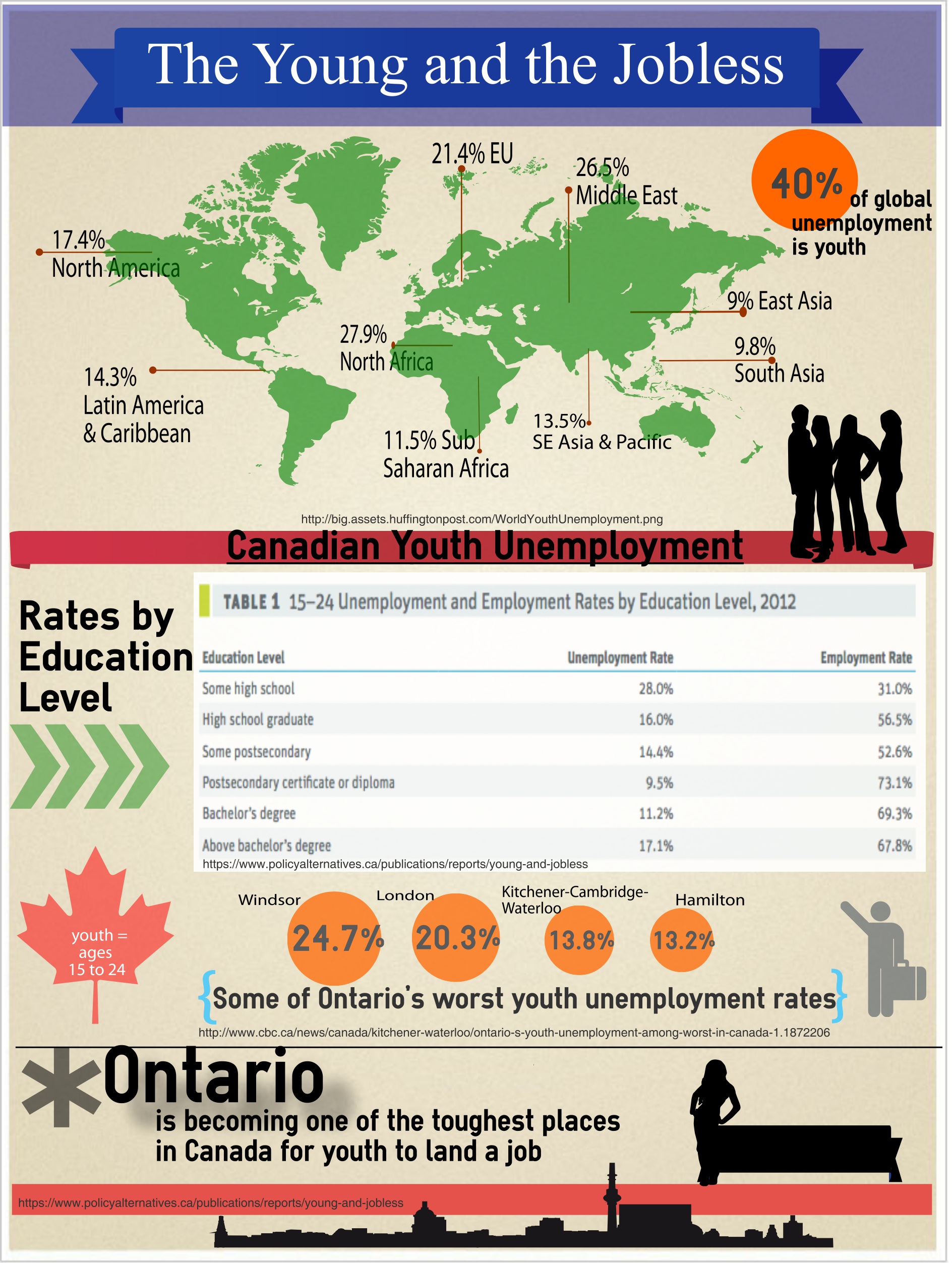Part I of the article can be read here.
Turkey and Egypt’s newest roles aren’t disconnected from human rights concerns in the Middle East. The ongoing human rights crisis in Gaza has been on the international community’s radar for quite some time, as the subject of numerous United Nations Security Council and General Assembly Resolutions, as well as various Human Rights Council reports. Egypt and Turkey as two Middle East mediators represent an important opportunity for progress in that area.
Secretary-General Ban Ki-moon recently stressed that the failure to advance peace has created a vacuum, filled by extremists and mounting terror attacks. Ki-moon did not deny the importance of responding to these attacks. However, he made it clear that Israel’s response using closures in Hebron and elsewhere, as well as punitive demolitions and blanket revocations of permits, penalize thousands of Palestinians. This amounts to collective punishment and violates several rights of innocent civilians.He also noted his concern with the shrinking space for civil society, particularly regarding Israel’s passage of the so-called “NGO Transparency Law,” which he said contributes to a climate in which the activities of human rights organizations are increasingly delegitimized.
Ban also noted that his visit to Israel and Palestine included his fourth trip to Gaza, where, despite some progress, tens of thousands of people are still displaced, families are forced to live without electricity for 12 to 18 hours per day, and unemployment rates are still staggering. He emphasized that funds to rebuild Gaza remain elusive. The UN chief urged donors to fulfil their pledges made at the 2014 Cairo conference.
The Palestinian human rights crisis isn’t new and it hasn’t improved much, but it is a rhetorical priority for the international community. However, finding someone to lead the crisis resolution necessary for moving forward and easing human rights conditions is far from easy.
The U.S. is temporarily on the bench, as Secretary of State John F. Kerry and the White House, have essentially had to back away from trying to broker a deal in the remaining months of the Obama presidency. Netanyahu has resoundingly rejected the French initiative and Kerry has encouraged Al Sisi’s outreach as an alternative. If the international community hopes to see any progress on human rights or peace in Palestine, it may need to rely on regional partners.
Shortly after the deal between Israel and Turkey was signed, a Turkish ship carrying humanitarian aid reached the Israeli port of Ashdod for through-shipment to Gaza. Palestinian and Israeli diplomats say Sisi is interested in getting the two sides to produce “confidence-building” measures that could de-escalate the conflict. This is critical after a recent 10-month period of exacerbation including “lone wolf” knife, gun and vehicular attacks by Palestinian youths against Israeli soldiers and civilians, and by tough Israeli responses, including “mistakes” in which Israeli forces shot up cars carrying innocent civilian passengers. Confidence-building measures may include Israel’s freezing construction of Jewish settlements in the West Bank or Palestinians enacting policies to proactively work against martyrdom. These could go a long way in easing some of the violence and rights abuses that have reached critical and record-high levels.
Whether or not strategic interests are at the core of these diplomatic moves, Egypt recognizes the important role it can play for Palestine. Foreign Minister Shoukry acknowledged this in a recent statement; “Ever since the cessation of negotiations between Israel and the Palestinians in 2014, the situation on the ground has been in constant deterioration on the humanitarian, economic and security levels… The dream of peace and security moves further out of reach as long as the conflict continues.”
The international community can’t seem to ignore the benefits and potential for progress that Turkey and Egypt have brought to the Israeli-Palestinian stalemate. Only Egypt is accepted by both players as a mediator and for the first time, the Israelis might prefer to deal with the Egyptians bilaterally, without the United States. Turkey has the negotiating power to extract a degree of humanitarian benefits for Palestinians and it makes clear that, as Israel seeks to broaden its economic and security ties, Netanyahu can’t ignore the Palestinian issue altogether. But the benefit of operating through these actors, presents a catch-22 because they engage in and practice policies that are clear and flagrant human rights violations.
While Egypt remains a close ally of the United States, their relationship has been strained recently over Al Sisi’s harsh treatment of dissidents. And although Turkey is too central to Europe’s anti-migration policy and NATO’s anti-ISIS strategy, it still faces pressure to reform its terror policy. Strengthening their importance in mitigating and mediating the Israeli-Palestinian conflict is going to present an added layer of difficulty for the international community in criticizing these strategic allies’ own human rights abuses.
There is an unpleasant irony in ignoring such gross human rights abuses in Egypt and Turkey, with the intention of moving forward in a stalemated and ongoing human rights crisis and protracted conflict in Israel-Palestine. It merits, at the very least, a reconsideration of the human cost of strategically-based, selective human rights advocacy by the world’s major powers.
Photo: By Alisdare Hickson via Flickr. Licensed under CC BY 2.0.
Disclaimer: Any views or opinions expressed in articles are solely those of the authors and do not necessarily represent the views of the NATO Association of Canada.




